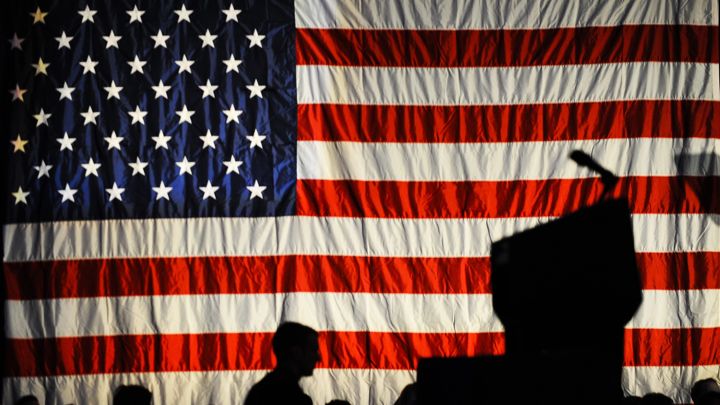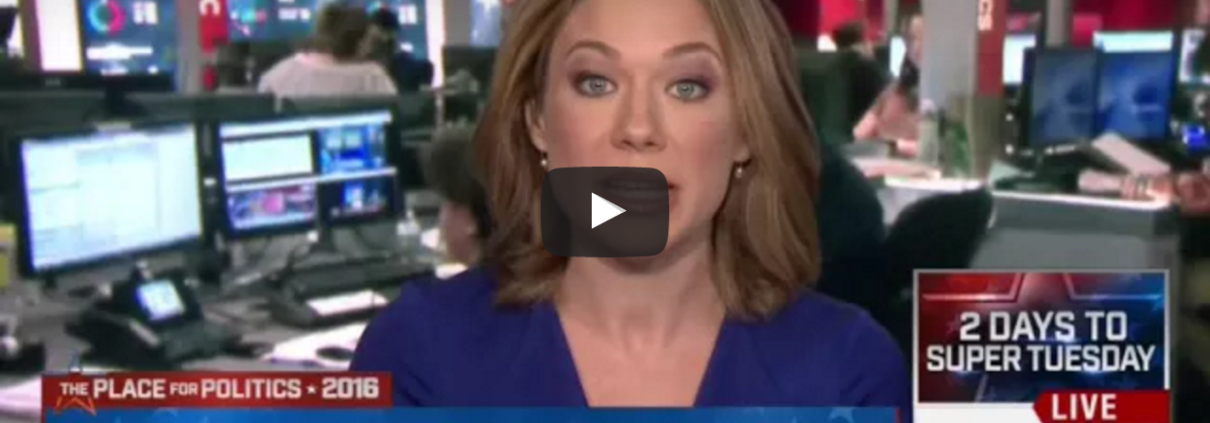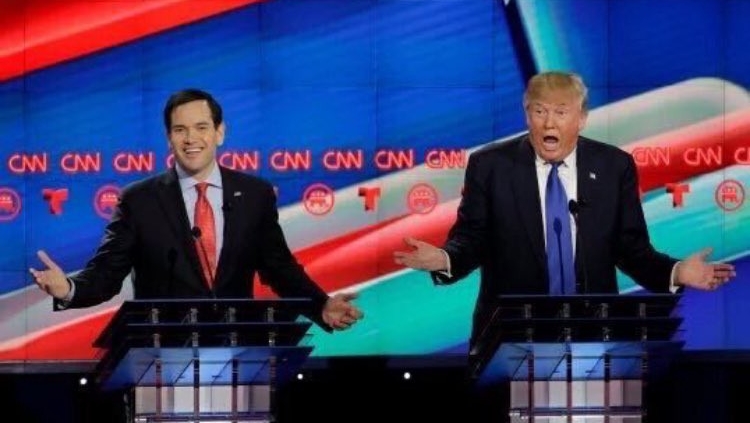When the din of the debate reaches its height, you would expect an opposition researcher to be smiling broadly, but last night, I was deeply troubled. Last night, we saw the research begin to drop on Donald Trump and all I could think was, “Where was all of this material six months ago?” Considering the treasure trove of opposition research a life like Trump’s inevitably accrues, how could it possibly have taken this long to really begin using it in earnest? With all the GOP hand-wringing over Trump’s ascendancy, what could have possibly stymied this process? What the hell went wrong?
As someone who has been involved in multiple presidential and other major campaign research operations, I have some answers to these questions that help explain why I was so deeply troubled.
Last night’s debate exposed a monumental failure in the Republican Presidential campaigns, so the question becomes did the researchers fail the campaign leadership or did the campaign leadership fail the researchers? I would argue the latter. From the beginning, these campaigns have not taken research seriously. Certainly not as seriously as it has been taken in the past. No Republican presidential campaign has hired and empowered a research director as a senior campaign official or built the research teams and resources needed to dig deep into their opponents’ backgrounds and build a narrative against them.
From the beginning last winter, the campaigns approached opposition research as a passive aggressive prisoner’s dilemma, hoping, praying and assuming that someone was whittling their spoon into a shank so that they would not have to do it. More than one campaign operative argued to me (and others), “It’s such a big field, there’s no point doing the research because Candidate X’s team is going to have to take out Candidate Y anyways.” Others argued a super PAC would come along to save the day.
Whether it was wishful thinking, a squirreling of campaign dollars, or a lack of appreciation for the strategic advantage opposition research can provide, the result was that none of the campaigns put in the time or effort to dig deep into the opponents — least of all Donald Trump, who was dismissed as a summer fling, then a fall affair, and then… oh my, he’s winning the nomination.
None of them acknowledged the problem, and none of them took action when it would have made a huge (yuge?) difference. It is most likely too late, but last night Marco Rubio showed how it should have been done a long time ago. The age old wisdom parents have given their bullied children: punch back and expose how weak the bully is. Throughout the fall, hoping Trump would fall by someone else’s shank or his own doing, the campaigns thought they could then pick up his supporters. All that time was wasted while Trump became a movement.
Like any candidate for the Presidency, Trump should be held accountable for his record and this vetting process should have begun months ago. Now that we are at this point in the primary process, the Democrats and mainstream media will gleefully do the vetting for us in the general election. The reason it did not begin earlier is that even once the campaigns realized Trump would not fade, they did not have the research infrastructure in place to sound the alarm and fire back.
It is complete and utter political malpractice that Republican voters have had to wait ten full debates, four primary contests, and an entire summer and fall of campaigning for any candidate to put together and actually use serious opposition research against Donald Trump. Even if one is a Trump supporter, this fact should be deeply concerning. Trying and testing our candidates in the primary process better prepares them for defeating the Democratic nominee in the fall.
This failure is a direct result of the low priority these campaigns placed on their research operations. For proof, look no further than the campaign finance reports filed with the Federal Election Commission. They show that just seven of the 17 Republicans campaigns made any expenditures on research and they averaged far less than $200,000 spent on research, even when accounting for research staff salaries. That is an inexcusable rounding error for what should be serious national campaigns.
In 2008, when I served as Mayor Giuliani’s campaign research director, my peers on the other primary campaigns and I were given seats at the table as part of the campaign’s senior leadership. We were involved in and helped inform the broad strategy and messaging, which allowed each candidate to be better served. All the campaigns had experienced leaders in research who had the reputation and understanding necessary to help drive strategy.
In 2016, none of the campaigns have (or had) a known and respected research director as a senior campaign staffer who sits at the decision making table. None of the campaigns invested the time and money in deep research that they should have, relying too much on rapid response paper pushing. None of the campaigns, therefore, were in a position to be proactive when it would have mattered.
If early money is like yeast, early oppo is like gunpowder. Stored well and carefully deployed at the right time, it can win you the race. Let it sit too long and it may explode on you, or not at all. The failure of the 2016 Republican campaigns to appreciate this reality has led us to this moment. And to my depression.






